a short guide to sustainable packaging
From how you source materials to helping customers responsibly dispose of (or reuse) your packaging, there are lots of tangible ways you can protect the planet and stand by your values.
One of the most important things you can do as a small-business owner is take responsibility for the environmental impact of your product or service. Some fast facts: over 2.8 billion items were delivered through Australia Post in 2020, and Australians throw away around 1.9 million tonnes of packaging each year – that’s a massive carbon footprint!
From how you source materials to helping customers responsibly dispose of (or reuse) your packaging, there are lots of tangible ways you can protect the planet and stand by your values. We spoke to Kelly Thompson, illustrator, keynote speaker and founder of Makers' Mrkt, for advice on how to make more conscious decisions to help you go green.
Be transparent Make it super-easy for customers to figure out where you stand on sustainable packaging. For example, Makers’ Mrkt has a clearly labelled shipping policy that explains their approach to packaging, and they proudly state that all products are one-offs or limited edition, not mass-produced. Details like this help customers make informed decisions and form a positive impression of your business even before they’re ready to buy.
Use only what you need “Don't go and buy a whole lot of packaging straight away,” advises Kelly. “Instead, see what you actually need once settling into things.” Kelly has now narrowed down her packaging needs to four main sizes – and she reuses nearly every piece of packaging from products she’s sent, too.
Watch out for ‘greenwashing’ Do your own research as much as possible. Lots of companies (not just big corporates) will make false claims about the environmental impact of their products, policies, and goals to maximise profits. From jargon-busting (if something claims to be “organic”, “eco-friendly” or “green”, make sure it’s been certified by an accredited organisation), and fact-checking claims (don’t be fooled: degradable, biodegradable, and compostable all mean different things, so make sure to look up the terminology online). This way, you’ll become more confident in choosing the right packaging supplier based on what they do, not just what they say.
Ditch ‘standard’ options by shopping local “You don't need to buy any plastic!” Kelly says. “There are lots of great cheap and earth-friendly alternatives. That includes dry perforated paper instead of bubble wrap or shredded boxes instead of polystyrene.” If plastic packaging is unavoidable because of product constraints (for example, liquid that needs to be transported), find a way to reward the customer for doing the right thing: Brunswick-based Soap Club, for example, offers a 10 per cent discount off the next order for customers who mail back their refillable pouches.
Encourage creative recycling Maybe a humble piece of packaging could be repurposed into an opportunity for play. Take inspiration from social enterprise Who Gives A Crap, which prints ‘alternative uses’ for their cardboard boxes, including a cat mansion, cheap coffee table, lemonade stand, or large hat. The sillier, the better – and the longer it’ll last. Also, make sure your customers have clear info on how to responsibly dispose of any packaging. The more detailed and transparent you are to avoid confusion, the better.
Take customer feedback on board Proactively making your small-business operations more sustainable can help you win over new customers, boost loyalty, and save money. From shipping costs to your product durability in transit, give your customers a voice when making decisions that affect them. Read their emails or direct messages, hop on a call with them, and collect feedback to review their experiences and suggestions. Change doesn’t have to happen overnight, but showing you’re paying attention will make a big difference in kicking your green business goals.
Need inspiration for sustainable suppliers or materials? Here are some ace packaging options:
Hero Packaging (certified biodegradable and compostable)
The Better Packaging Co. (certified biodegradable and compostable)
Cartons Galore (sells second-hand boxes and shred boxes for packaging while you wait in-store)
Signet’s eco-friendly packaging options
GreenWrap (alternative to bubble wrap)
Straw (great box filler)
Newspaper
Tissue paper
Corrugated cardboard (can be layered to protect different items in a box)
For more small-business tidbits and advice, head to Strictly Business or sign-up to the monthly Strictly Business newsletter.
This article was originally published on the 19th of March, 2021.





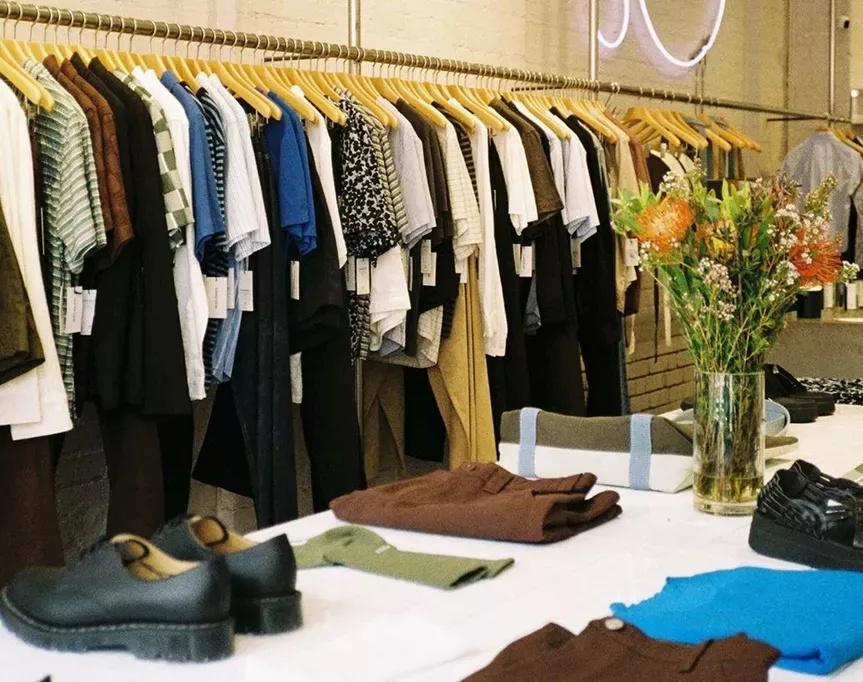


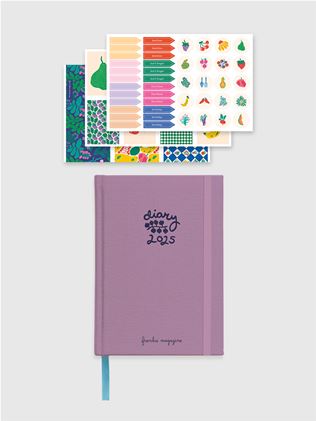
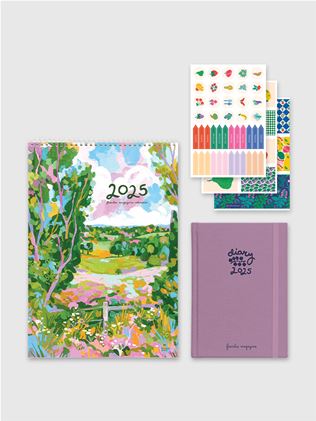
.jpg&q=80&w=316&c=1&s=1)



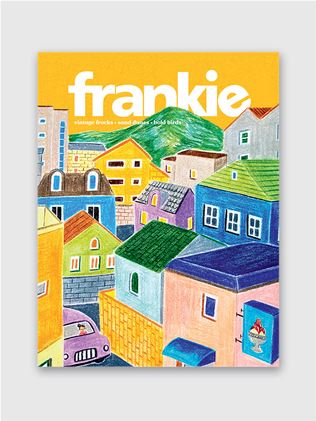


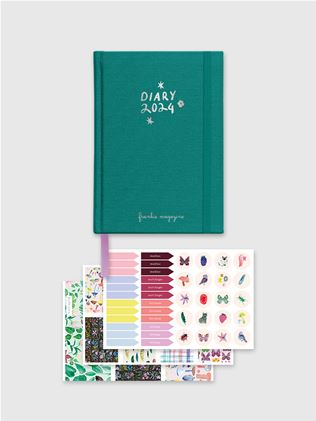



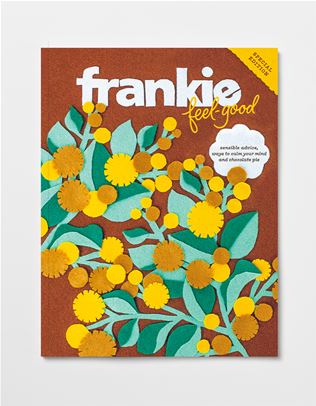






.jpg&q=80&w=316&c=1&s=1)










